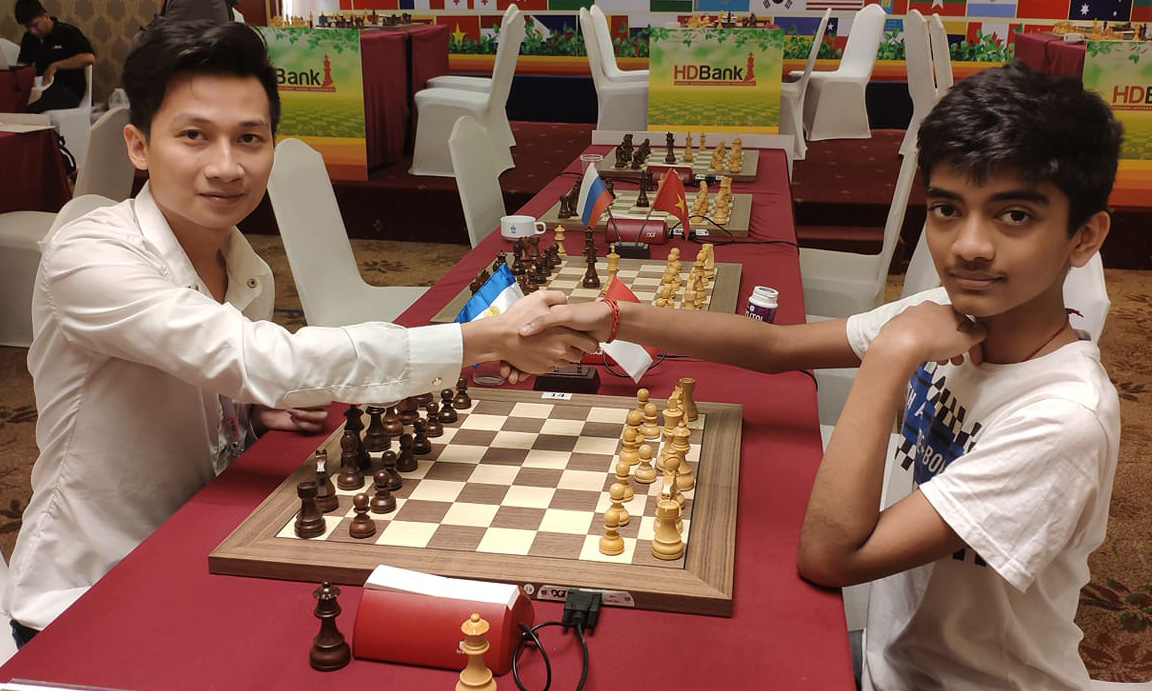In the world of elite computer chess, few moments are as exciting as a new name rising above giants. Today, that name is Integral, the open-source chess engine created by 21-year-old Macedonian-American programmer Aron Petkovski. After 24 grueling rounds in the Top Chess Engine Championship (TCEC), Integral stands alone at the top, undefeated, and ahead of legends like Stockfish and Leela Chess Zero (Lc0).
Leading the TCEC Pack
The TCEC is widely seen as the unofficial world championship for chess engines. It’s a place where the best programs in existence play slow, high-quality games on powerful hardware, the kind of matchups that human grandmasters study to learn new ideas.
After 24 rounds, here’s the current top three:
- Integral – 15.5 points out of 24, undefeated (7 wins, 17 draws, 0 losses)
- Stockfish – 15 points out of 24 (8 wins, 14 draws, 2 losses)
- Lc0 – 14 points out of 24 (5 wins, 18 draws, 1 loss)
What makes this more remarkable is that Integral is the only engine in the field that hasn’t lost a single game, not even to Stockfish, which has dominated TCEC for years.
Meet the Creator: Aron Petkovski
Aron Petkovski isn’t just another chess hobbyist. He’s a computer science major at The University of Texas at Dallas, currently working as a software engineering intern at Chess.com. At just 21, he’s already running chess.aronpetkovski.com, a testing platform that helps other engine developers refine their work.
Petkovski’s work on Integral combines his passion for chess with deep technical skill. He’s constantly improving the engine’s evaluation, the “brain” that decides which positions are good or bad, and has done extensive research into HCE (Hand-Crafted Evaluation) and neural network evaluation functions.
How Integral Thinks
For non-technical chess fans, here’s what makes Integral tick:
- Search Method: It uses a “negamax” search with alpha-beta pruning, a method that cuts away moves it knows won’t be good, so it can focus its computing power on promising options.
- Multi-threaded Power: Uses Lazy SMP, a system that works efficiently even with many processor threads, great for TCEC’s high-end servers.
- Evaluation: Integral uses NNUE (Efficiently Updatable Neural Network) technology. This is like giving the engine an intuition for chess, the ability to instantly recognize patterns that lead to good or bad positions.
- Training: Its neural network is trained on tens of millions of self-play games, each starting from random opening positions to give it variety. It also uses Syzygy tablebases for perfect endgame play in positions with five pieces or fewer.
Think of it this way: while Stockfish and Lc0 are like seasoned grandmasters with decades of experience, Integral is the brilliant young prodigy who studies endlessly, tests constantly, and brings fresh ideas to the board.
A Giant-Killer in the Making?
In TCEC history, Stockfish has been nearly unstoppable, with 17 titles. Lc0, the neural network engine inspired by Google’s AlphaZero, has also had its moments of brilliance. But Integral’s rise shows that new engines, especially open-source projects driven by talented individuals, can still challenge the established order.
Being undefeated after 24 rounds in such a strong field is no small feat. Integral has taken points from everyone, including the defending champion, and its rock-solid defense means no engine has found a way to beat it yet.
Why This Matters for Chess
Top computer chess isn’t just about bragging rights for programmers. The games these engines play influence modern opening theory, help grandmasters prepare for tournaments, and push the limits of what’s possible in chess. Every new contender like Integral adds fresh ideas, and sometimes, those ideas trickle down into games between humans.
If Integral can hold its lead, it might mark a turning point in engine competition, a reminder that innovation isn’t just happening in corporate labs, but also in the hands of passionate independent developers.
What’s Next
With the TCEC still ongoing, Integral will need to maintain its composure. Stockfish is just half a point behind, and Lc0 is also within striking distance. A single loss could change the standings dramatically.
But one thing is certain: the chess world is now watching Integral very closely. And whether or not it wins the championship, its performance so far has already earned it a place among the modern greats.
If you want to try playing against Integral, you can find it on Lichess or download it from Aron Petkovski’s GitHub. Just don’t expect an easy game. Right now, it’s making the best engines in the world sweat.

I’m Xuan Binh, the founder of Attacking Chess, and the Deputy Head of Communications at the Vietnam Chess Federation (VCF). My chess.com and lichess rating is above 2300. Send me a challenge or message via Lichess. Follow me on Twitter (X) or Facebook.

